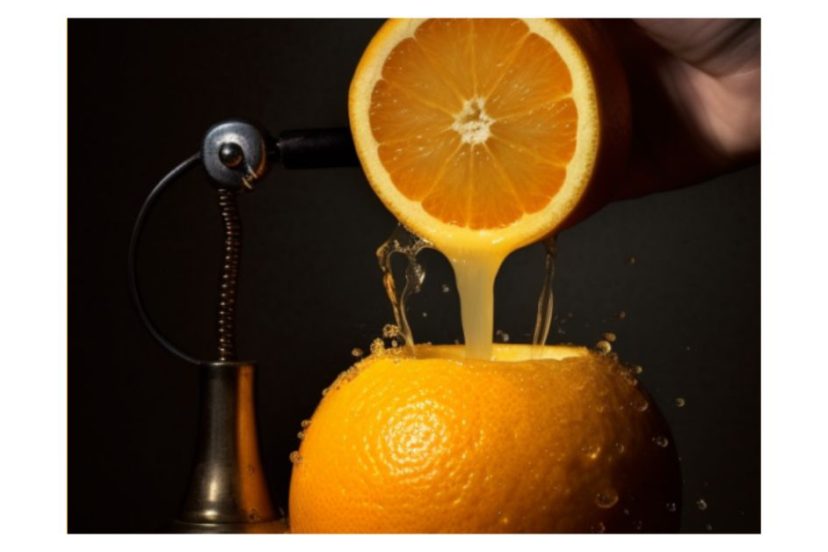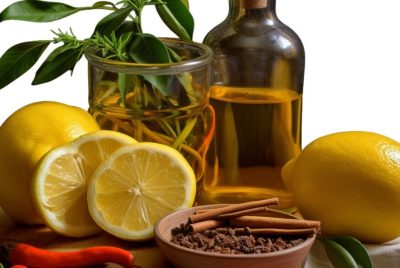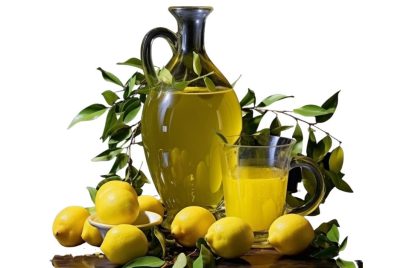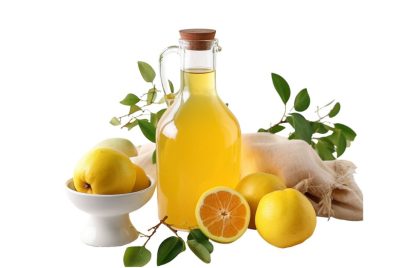How Much Juice is in One Orange?
Unlocking the Refreshing and Nutritious Delight
I find great joy in exploring the health benefits and delights of various fruits. Oranges, in particular, hold a special place in the realm of juicing due to their tangy flavor and high vitamin C content. In this article, I will dive into the topic of how much juice is in one orange, while also sharing the nutritional value of oranges, the benefits of orange juice, and helpful suggestions for incorporating it into your diet.
The Nutritional Value of Oranges:
Oranges are a nutritional powerhouse, bursting with essential vitamins, minerals, and antioxidants. They are rich in vitamin C, which supports the immune system, promotes collagen production, and aids in iron absorption. Oranges also contain dietary fiber, folate, potassium, and various phytochemicals that contribute to overall health and well-being.
Health Benefits of Orange Juice:
1- Boosts Immunity: Orange juice is renowned for its high vitamin C content, which plays a crucial role in supporting the immune system and protecting against common illnesses.
2 – Promotes Heart Health: The antioxidants and flavonoids found in orange juice have been linked to a reduced risk of cardiovascular diseases by improving heart health and lowering blood pressure.
3 – Enhances Skin Health: The abundance of vitamin C supports collagen production, promoting healthy and radiant skin.
Aids Digestion: The natural acids in oranges can aid digestion and promote a healthy digestive system when consumed in moderation.
How Much Juice is in One Orange?
The amount of juice you can extract from one orange can vary based on several factors, including the size, variety, and juiciness of the orange. On average, a medium-sized orange yields approximately 1/3 to 1/2 cup of juice. However, it’s important to note that juicing techniques and equipment can also impact the juice yield.
Factors Affecting Juice Yield:
1 – Size and Variety: Larger oranges generally yield more juice than smaller ones. Additionally, certain orange varieties are naturally juicier, such as Valencia oranges.
2 – Ripeness: Ripe oranges are typically juicier than unripe ones. Look for oranges with firm skin and a slight give when gently squeezed.
3 – Temperature: Oranges at room temperature are easier to juice and yield more juice compared to cold oranges. Allow oranges to reach room temperature before juicing for maximum yield.
Juicing Techniques for Maximum Yield:
1 – Rolling and Warming: Before juicing, gently roll the orange on a countertop using the palm of your hand. This helps to break down the pulp and release more juice. Additionally, warming the orange slightly by immersing it in warm water can increase juice yield.
2 – Hand-Squeezing: If you don’t have a juicer, you can juice by hand. Cut the orange in half and use a citrus reamer or your hands to squeeze out the juice, being careful to strain out any seeds or pulp.
3 – Using a Juicer: Electric juicers or manual citrus juicers are efficient tools for extracting juice from oranges. Follow the instructions specific to your juicer for optimal results.
Tips for Getting the Most Juice from Oranges:
- Choose ripe, juicy oranges for juicing.
- Roll and warm the oranges before juicing.
- Consider using a juicer or citrus reamer for maximum yield.
- Strain the juice to remove any seeds or pulp.
- Use gentle pressure when squeezing to avoid bitterness from the peel.
Creative Ways to Use Orange Juice:
- Refreshing Beverages: Combine orange juice with sparkling water or blend it with ice for a refreshing summer drink.
- Marinades and Salad Dressings: Orange juice adds a tangy and citrusy flavor to marinades and salad dressings.
- Smoothies and Cocktails: Incorporate orange juice into smoothies or use it as a base for delicious cocktails.
- Sauces and Glazes: Add orange juice to sauces and glazes for a burst of flavor in savory dishes.
- Fruit Salads and Desserts: Drizzle orange juice over fruit salads or use it to make delectable desserts like orange-flavored cakes or sorbets.
Conclusion:
In conclusion, oranges and their juice are not only a refreshing and tasty treat but also a nutritional powerhouse. Understanding how much juice is in one orange can help you make informed decisions when it comes to juicing and incorporating this citrus delight into your diet. With the right techniques and a bit of creativity, you can enjoy the benefits in various ways.
FAQs:
Q1: Is freshly squeezed orange juice more nutritious than store-bought options?
A: Yes, freshly squeezed it retains more nutrients compared to store-bought options, which often undergo pasteurization and may contain additives. However, both options can still provide health benefits.
Q2: Can I freeze it for later use?
A: Yes, you can freeze it in airtight containers or ice cube trays for future use. Thaw it in the refrigerator or at room temperature before consuming.
Q3: Are there any alternatives to oranges that provide similar health benefits?
A: Citrus fruits like grapefruits and tangerines offer similar health benefits to oranges and can be used as alternatives in juicing or as sources of vitamin C.
Q4: Can I mix it with other juices for added flavors?
A: Absolutely! Mixing it with other juices like pineapple, apple, or carrot can create delicious and unique flavor combinations.
Q5: How long does freshly squeezed orange juice last?
A: Freshly squeezed it is best consumed immediately for maximum freshness and nutrient content. If stored properly in the refrigerator, it can last up to 2-3 days.





